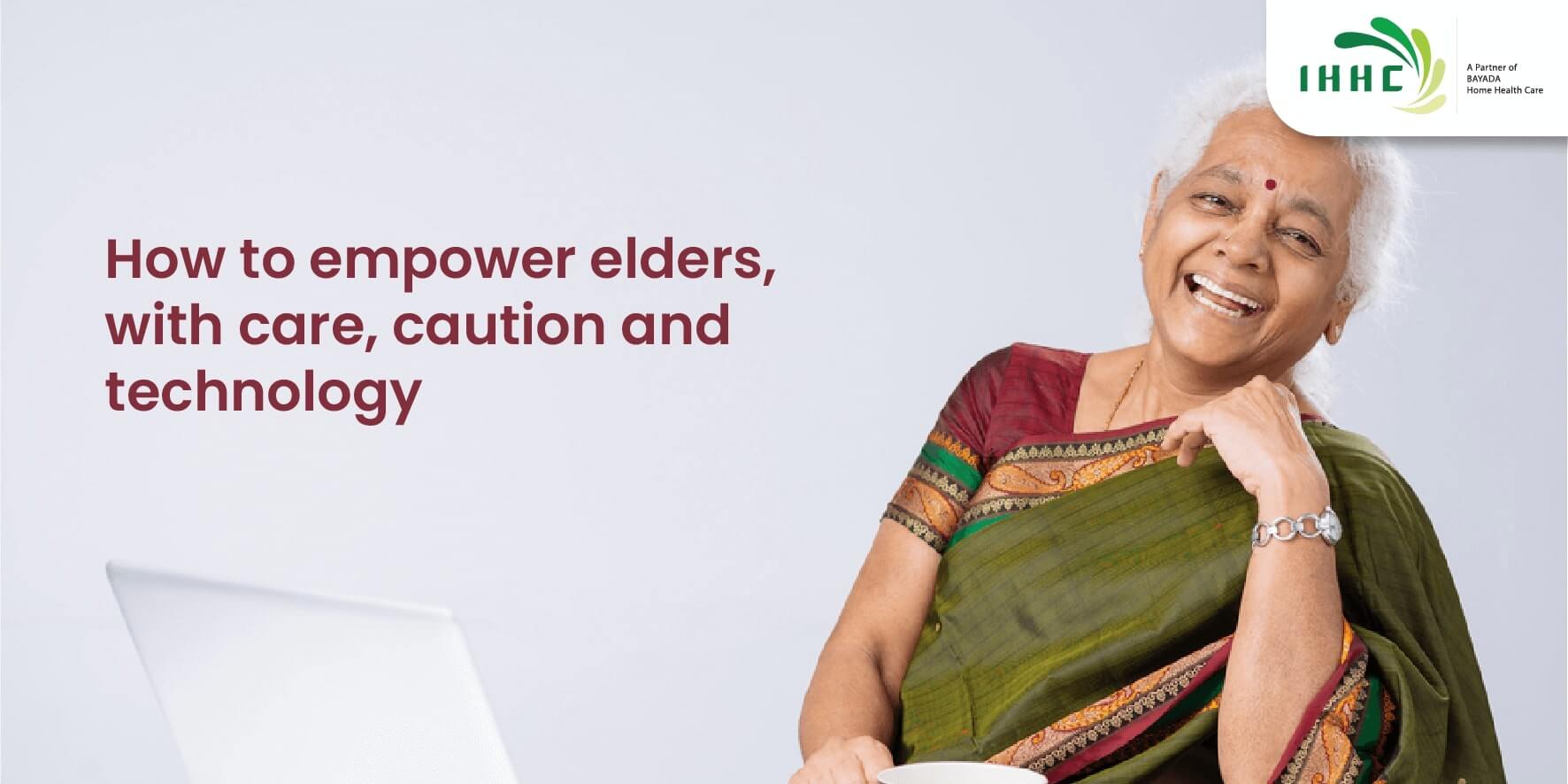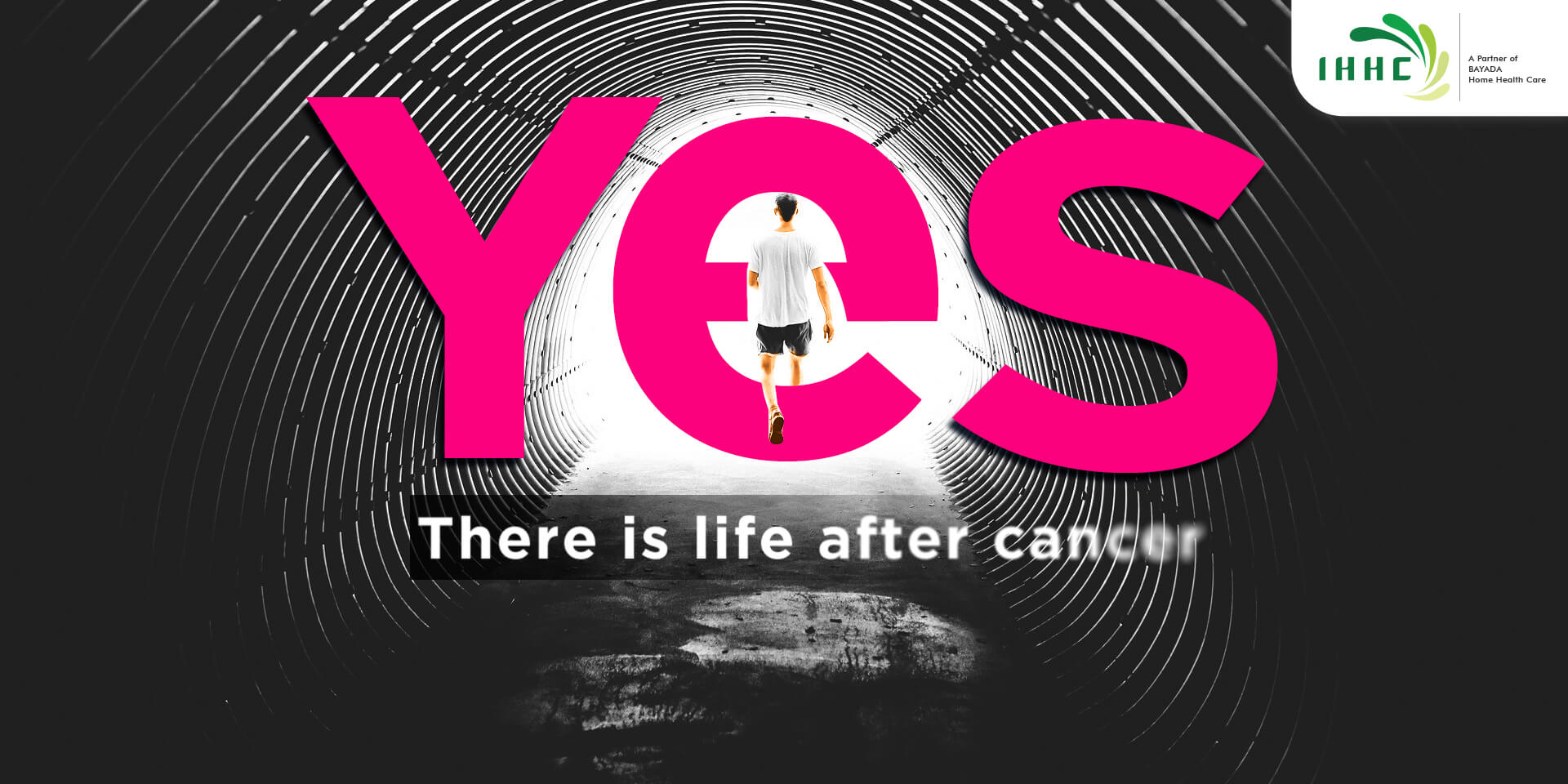Is there a need for home healthcare in India?
Recovering from a stroke poses serious issues for both the patient and their families. How to get the best quality of care; how to get their loved one on to the path to complete recovery; how to handle and manage a very demanding and stressful episode for the entire family – these are all questions that need answering.
Recovering from a stroke requires a well-structured program through the services of several professionals, in the comfort of your own home. The right team of experienced and skilled clinicians generally include physicians, physiotherapists, palliative care and nursing attendants, occupational and speech therapists, medical social workers, dieticians and medical care takers.
The aftermath of suffering a stroke
After suffering a stroke, you may be overcome by confusion, concern, resentment, and having to deal with a whole host of questions regarding what you should do next. Healthcare providers understand the challenges that you might have to face after suffering a stroke, if you are undergoing stroke rehab at home. Most healthcare providers’ objective is to help support you, the stroke survivor, along with your family, friends, and caregivers, by providing the right resources to help you during the aftermath of a stroke.
A highly trained stroke rehab team will help determine what type and level of care is best suited for you. They will realize and understand that the recovery period post-stroke, is quite often a long and arduous journey. Their clinical resources and experienced homecare staff, provided at home, will strive to improve your quality of life while taking care of all your medical needs.
Once you return home from the hospital, a team of clinical and home care services support staff, will be at your door step to ensure ongoing rehabilitation. You will have access to physicians and a full range of clinicians and therapists specializing in stroke rehabilitation. Depending on your needs, this could include:
- Physical therapy to help restore physical functioning and treat problems with movement, balance and coordination
- Occupational therapy to help you relearn or develop strategies for regaining the everyday skills of daily living, such as eating, walking and dressing
- Speech-language therapy to regain language and communication skills and deal with swallowing problems
- Mental health counseling to help you, and your caregivers at home, cope with emotional and behavioral changes that sometimes occur after a stroke
Care coordination at home
Stroke rehabilitation is quite often a lengthy and complex process, at a time when you are struggling with mobility and cognitive challenges. Trained and experienced home nursing attendants and caregivers will help you to keep track of appointments, and accompany you to the hospital or the doctor's office for regular check-ups. This eliminates anxiety and allows you to focus on your recovery.
Help with daily living
Trained in-home nursing attendants and caregivers will help you with bathing, grooming, dressing, using the toilet and other personal care tasks that you find difficult to do by yourself. Most well-trained caregivers are careful to preserve the dignity of their patients during this difficult time.
Providing much needed companionship
Loneliness and the inability to move increases post-stroke depression, making it less likely that you will follow your treatment plan. Qualified and experienced nursing attendants, and other in-home caregivers, will help you avoid a depressing sense of isolation while giving you the confidence to follow your healthcare provider's suggestions for physical activity and exercise.
Support for the caregivers at home
Your family caregivers play a pivotal role on your road to recovery. In so many cases, family support makes it possible for you, the patient, to recover at home rather than in a nursing home or hospital. But caring for a stroke survivor is very hard, and sometimes frustrating, work. Many family caregivers feel torn between their caregiver tasks, job duties and other family and social responsibilities. Stroke caregivers may even put their own health at risk because caregiver stress often leads to depression, heart problems, and sometimes an increased risk that the caregiver, too, will suffer a stroke. For many families, the in-home stroke rehab care provided by reputed and highly trained in-home caregivers has proven to be an indispensable support resource for those recovering from a stroke, at home.




